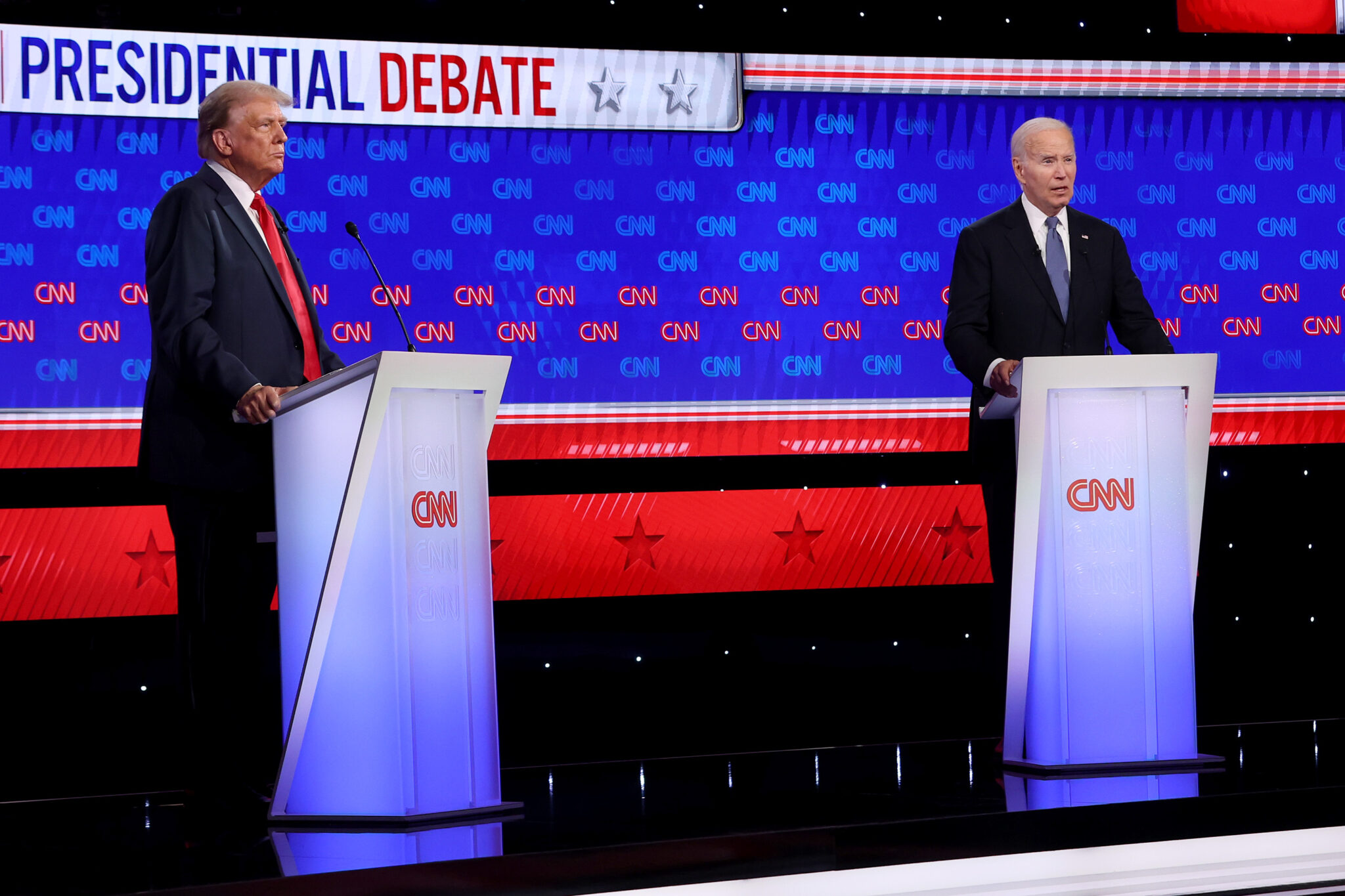Biden’s Autopen Pardons: Legitimate or Lazy Governance?
Donald Trump, once occupying the oval office himself, has outlandishly attempted to invalidate some of the pardons granted by President Joe Biden, alleging that their legitimacy is compromised by the use of an autopen. The baffling claim vehemently stated that the pardons accorded to various members of a Congress committee and others stood ‘VOID, VACANT, AND OF NO FURTHER FORCE OR EFFECT,’ simply because of the supposed usage of an autopen. This committee, which Biden presumably pardoned with an autopen, was the investigative body looking into the shocking January 6 attack on the U.S. Capitol. Trump’s claim that Biden knew nothing about these pardons and did not sign them only served to magnify the absurdity of his assertions.
A few days prior to his audacious stand, Trump had criticized Biden’s use of an autopen, stating, ‘Everything was signed by autopen — almost everything. Nobody has ever heard of such a thing.’ Contrary to Trump’s hyperbolic statement, autopens have seen a notable precedent in presidential history. Prior presidents like Barack Obama, John F. Kennedy, and even Thomas Jefferson have made use of mechanized signing devices such as the autopen.
Trump’s obstinate focus on the method of signing pardons overlooks the comprehensive agreement among legal scholars that no direct human signature is required according to the Constitution. The use of autopen is further bolstered in similar contexts with subsequent judicial decisions and legal memoranda. However, these foundational elements of American governance seem to be completely disregarded by Trump in his relentless pursuit of invalidation.
A White House press office spokesperson responded to Trump’s tirade by referring reporters to Press Secretary Karoline Leavitt’s statement. Dodging the question of whether Trump was told by White House attorneys that he has the authority to reverse Biden’s pardons due to the autopen used, Leavitt elusively stated, ‘The president was raising the point that, did the president even know about these pardons? Was his legal signature used without his consent or knowledge?’
However, when asked whether Trump himself ever used an autopen, the glaring hypocrisy of his criticism became abundantly clear. Trump’s claim that, ‘I never use it’ was quickly followed by a clumsy explanation, admitting that he might have used the autopen to ‘send some young person a letter, because it’s nice.’ Yet, he accused Biden of treating the process of signing pardons with the same casualness.
The Constitution, in its specification of the power to grant pardons, makes no mention of the requirement for it to be signed directly by the President. Leading constitutional law experts, when consulted, made it clear that they saw no restrictions on the use of an autopen. According to them, an oral rather than a written decision could also effectively issue a pardon. This underlines the fatuity of Trump’s claims.
Further, historical precedent clarifies the understanding of constitutional law. Pardons from President Abraham Lincoln’s time often didn’t contain his personal signature, lending us the understanding that secretaries of state often signed pardon warrants on behalf of the president. This unknowingly creates a strong argument against Trump’s attempt at discrediting Biden’s pardons.
In regard to the legality of using an autopen, the Justice Department’s Office of Legal Counsel addressed this issue under George W. Bush’s presidency in 2005. They concluded that the physical act of the President signing a bill is not necessary for it to become law and it’s sufficient if a President directs a subordinate to affix his signature to a bill, possibly with an autopen.
While practical use of an autopen is given credence in situations where the President is away from Washington D.C., using an autopen to avoid a government shutdown perfectly demonstrates its relevance. The memo, upholding the cover provided by the DOJ opinion to Biden, further undermines Trump’s baseless claims. Quite ironically, it seems practicality remains elusive to the former President.
A memo from the Office of the Solicitor General in 1929 and a ruling by the U.S. Court of Appeals for the 4th Circuit in 2024 reinforce the point that nothing in the Constitution restricts the usage of writing devices, affirming the legitimacy of Biden’s pardons despite Trump’s denunciation.
Legal experts universally agree that pardons, once granted, cannot be reversed. Trump’s risky stance champions the belief that pardons can be reversed, raising the dangerous prospect that anything he did while President could also be undone in the future. A precedent that he, undoubtedly, would be uncomfortable with.
Biden’s pardons of lawmakers on the committee tasked with investigating the Capitol attack have come under ill-founded scrutiny by Trump, inciting unwarranted confusion over their validity. While it remains uncertain whether Biden used an autopen to sign these pardons, constitutional law experts have made it abundantly clear that the President’s hand signature is not required.
Even the established practice where presidents have not personally signed grants of pardons for every individual they bestowed clemency upon has been unfortunately disregarded by Trump’s tirade against Biden’s pardons. On judging the merits of Trump’s claims, it becomes clear that they are nothing more than unsubstantiated allegations, lacking both factual evidence and a legal pathway to invalidate Biden’s pardons. In conclusion, Trump’s attempt at ridiculing and discrediting Biden’s pardons through the petty point of an autopen falls flat on both constitutional and legal grounds.

